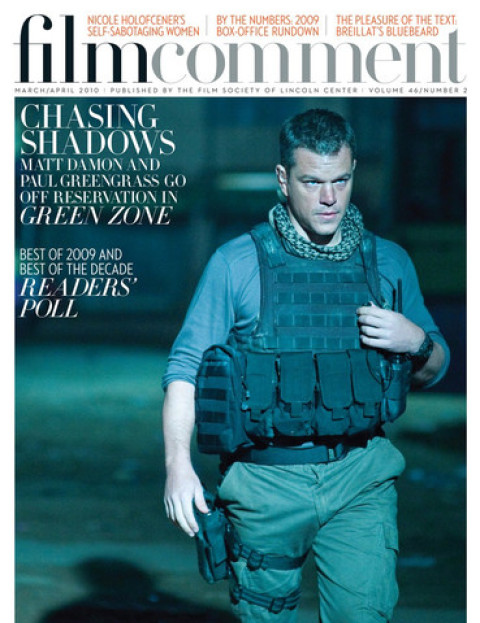Early on in Party Animals, Robert Hofler’s highly readable guilty-pleasure bio of Allan Carr, the basement rec room of the overweening impresario’s Beverly Hills HQ is described as “Studio 54 as imagined by an ancient Egyptian Midget.” Oh snap! Take that, Kenneth Anger. In fact, Hofler’s tome reads like an update of Hollywood Babylon. And had Anger ventured into “uncovering” Tinseltown in the Seventies and Eighties, he might well have come up with something this sordidly soigné.
That someone so short, fat, and physically unattractive could make his mark as a manager, dealmaker, and producer—and most importantly, as a non-stop party-thrower—typifies the era. Carr created a space where old and new Hollywood, rock stars, and TV “personalities” could mingle with porn stars and male hustlers while munching lavish buffets, snorting mountains of cocaine, and paying court to “Guests of Honor” such as Rudolf Nureyev, Truman Capote, and Elton John. In other words it was a gay scene. Very gay. But as rocker Alice Cooper noted, “Nobody in those days ever said gay.”
Curious for Hofler to declare, “It was Allan’s unspoken goal to bring gay into the Hollywood mainstream.” But this doesn’t mean that Carr was anything like an activist. Rather he was a looser, more freewheeling version of Merv Griffin. He never married, or dated women as “beards.” His sexual orientation wasn’t hidden from view—it was artfully obscured. For as Cooper indicates, Carr’s Hollywood had its own version of “Don’t Ask, Don’t Tell.” You could play all you wanted to in private—but no one ever made the sort of public declaration that marks our present day of Ellen DeGeneres, Rachel Maddow, and Neil Patrick Harris. Hollywood wasn’t ready for that yet. And neither was Carr.
“Allan had a way of treating fellow homosexuals like mere employees and straight male friends like the brother he never had,” Hofler declares. And that was the rub. Like the completely closeted Hollywood “A-Gays” that preceded him, Carr longed for straight respect and approval. Consequently, he endeavored to not go too far when he went “too far.” And in terms of sexuality, he didn’t cross the line—at least not in public. What saw Carr’s undoing was taste—his inability to distinguish between the “outrageous” and the tacky. The 1989 Academy Awards show he produced that brought about the harshest blow. Remember Rob Lowe “singing” to a girl dressed as Snow White, followed by a waxworks assembly of Dorothy Lamour, Alice Faye, Roy Rogers, and Dale Evans listening to Merv Griffin croak “I’ve Got a Lovely Bunch of Coconuts“? Yes, that Oscars. Unforgettable. And unforgivable.
It was quite a comedown. For when Carr was on his game, he could do everything from revive Ann-Margret’s career with a Vegas nightclub act people are still talking about, turn a dubbed Mexican disaster cheapie into a box-office hit called Survive!, steer the seemingly dim fortunes of a downbeat Vietnam epic called The Deer Hunter to Oscar glory, guide pop composer Marvin Hamlisch across the very rough road to A Chorus Line’s eventual success, turn a long-running off-Broadway musical into the mega smash movie phenom of Grease, and turn a foreign film hit called La Cage aux Folles not into a gay cult item about transvestite entertainers but a “mainstream” success. But then came Can’t Stop the Music.
This ne plus ultra of disasters suffered from the fact that the disco era and the Village People—the virtually all-gay group that headlined the film—were over before the cameras rolled. Adding injury to insult was Carr’s choice of director—elderly comic actress Nancy Walker. Moreover, it was a project that screamed “Gay!” while providing nothing in the way of same-sex doings (though according to Hofler there may be an X-rated version of the “YMCA” number lurking somewhere in the vaults). Dispiriting as that failure was, it looked like a success when placed alongside the Oscar debacle.
“Those bastards!” Carr wailed, finding himself radioactive until his death in 1999. “Those ungrateful SOBs! I gave them everything. I did everything for them.” But sometimes everything is nothing at all. It’s a lesson Allan Carr never learned. But then when has anyone in Hollywood—gay or straight—learned anything?








